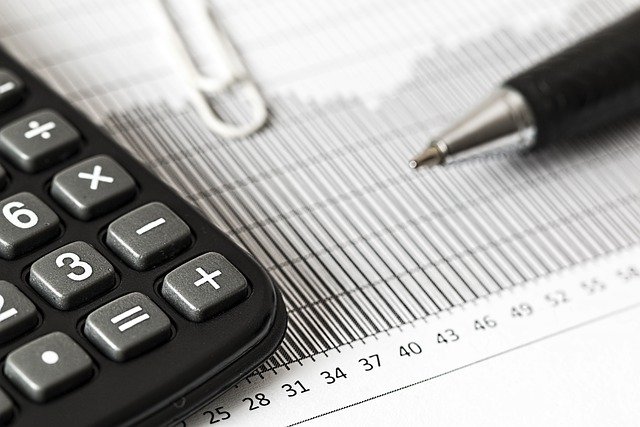
When your home is damaged it's crucial to know how to file an insurance claim. This will ensure your property is covered and you will avoid having to pay out of pocket.
When to File an Owners Claim
It's wise to file for compensation in several circumstances. It's a process that can be time-consuming and can require attention to detail, but it's worth the effort if you want your claim to be settled quickly.
It is important to read the insurance policy thoroughly and ensure that you are aware of what it covers. This will allow you to know the cost of your claim and help you decide if it's worth making a claim.
Talk to your insurance agent and ask him to look over any documents which may be relevant. They will then be able to advise you as to what next steps are.

The claims process is not well-known to everyone, and it can be long and complex. Therefore, it is important to prepare. It is important to file your claim quickly and keep track of all communications and documentation.
Keep a record of all claims
You should keep a record of everything you need to do to make an insurance claim. It'll help you if and when you need to claim again. It will also speed up your claim, so keep track of every conversation you have.
A good idea is to also make copies of documents. It will also help the adjuster at your insurance company to provide a more accurate assessment of damages.
Homeowners Claims: What to Do?
A common misconception is that filing for home insurance claims is a huge waste of your time. In actuality, this is a very wise decision which could save you up to tens of thousand of dollars.
It is possible that filing a claim with your insurance company will be the only thing you need to do in order to protect yourself and your home from large losses. In some instances, filing an extra claim can be worth the expense to prevent a costly and unplanned repair.

When it is most beneficial to your family and budget, you should file a claim. Filing a home claim that won't benefit your family, or your budget is a bad idea.
Your policy must include liability coverage. This is to cover medical bills if someone is hurt on your premises. Liability limits typically start at about $100,000, but it's a good idea to discuss this with your insurance professional.
You will also have to pay your deductible prior to the start of your policy. Your deductible can be a flat dollar amount or a percentage of the total policy amount.